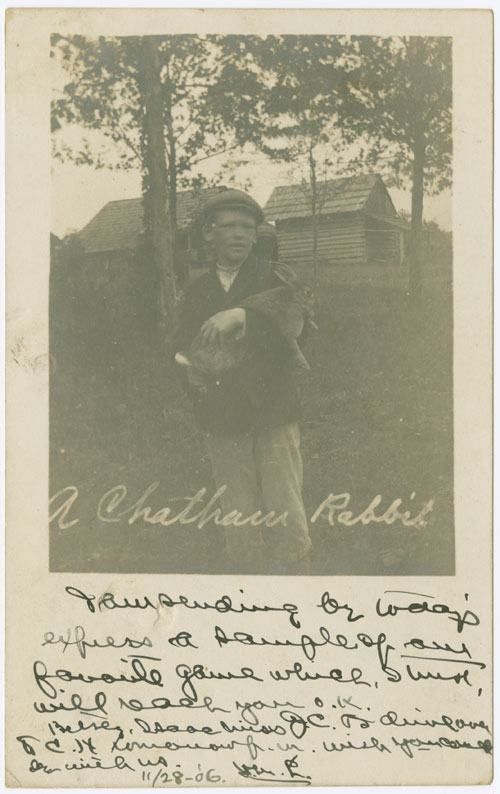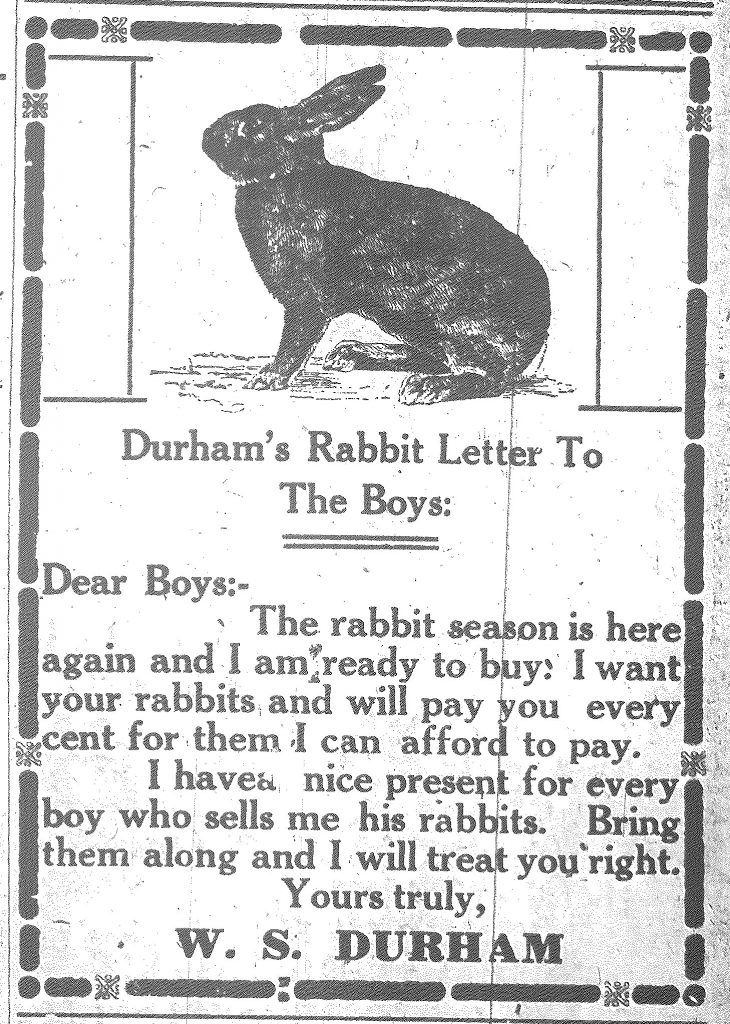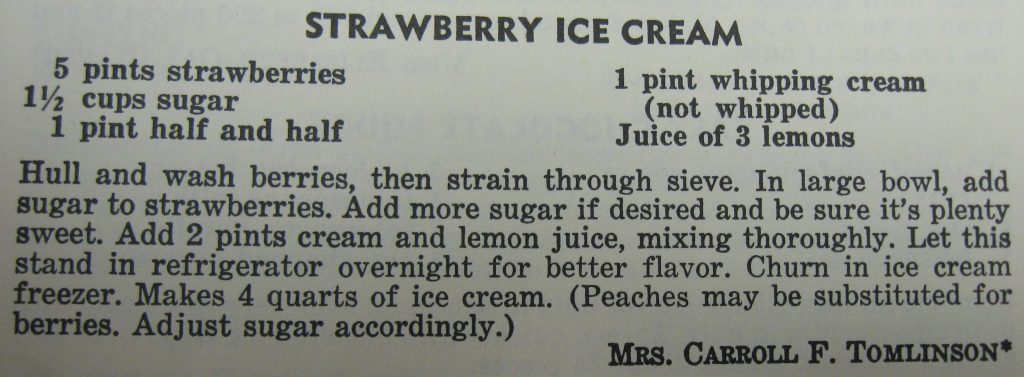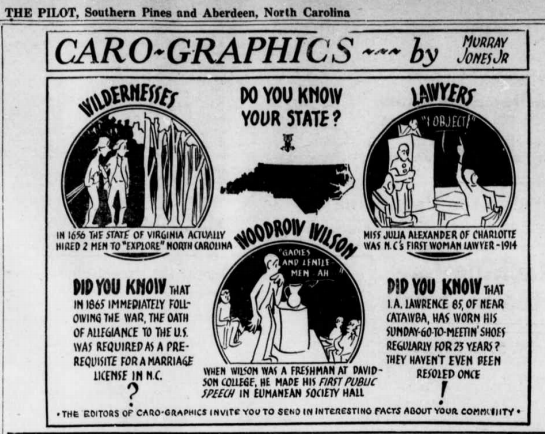Why I read footnotes:
“Interestingly, the first 18 years of the journal included dozens of often lurid accounts of suicides among textile mill workers, in most cases young women. Then, in 1929, such reports suddenly ceased. Perhaps Clark realized [such] stories provided ammunition to critics [of] living and working conditions in mill villages.”
— From “Defending White Supremacy: David Clark and the Southern Textile Bulletin, 1911-1955” by Bart Dredge (North Carolina Historical Review, January 2012)
Dredge, a sociology professor at Austin College, gives overdue attention to the Charlotte trade-journalist’s pugnacious defense of the socioeconomic status quo.
Clark’s father was none other than Walter Clark, chief justice of the N.C. Supreme Court and leading advocate of such workplace reforms as child labor laws — all opposed by David. Oh, to have been a fly on the wall at the Clarks’ Thanksgiving dinners….
I asked Dr. Dredge about their relationship:
“If I played a psychoanalyst on television, I would conjure up some twisted psychological reason for the nut falling so far from the liberal tree….
“It really is odd. Not only because the son was so far removed from his father on a host of issues, but also because he fought over those issues with such passion…. There had to be something there.”
Ranking high on Clark’s enemies list was UNC, a hatred Dredge links to Frank Porter Graham’s call for an Industrial Bill of Rights in the aftermath of the Gastonia strike of 1929: “Clark, it seems, nearly exploded when that came out.”










